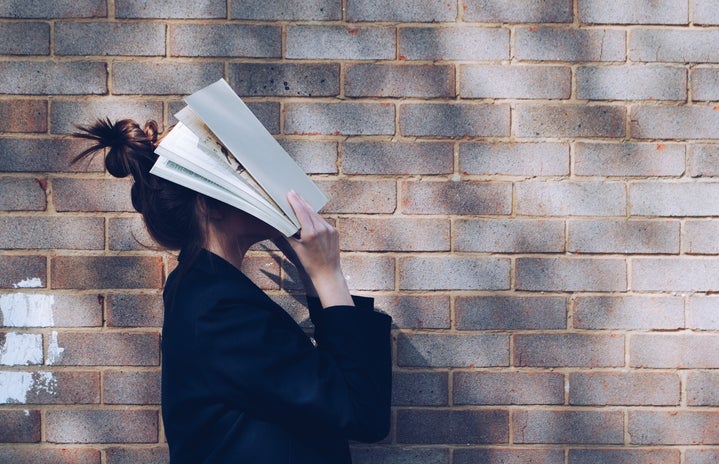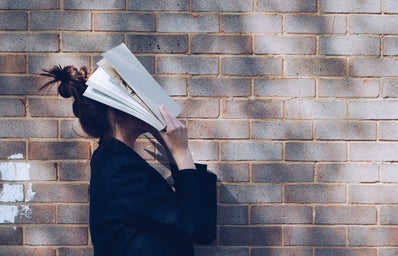Today’s generation of college students have a busier schedule than ever. Between their studies, social life and a part-time job, it can be difficult to balance it all. With exam season in full swing, some students may opt for late night study sessions, sacrificing a valuable night’s sleep for the sake of revising another topic or extra slides. What is it about the college experience that fuels this burnout culture where it’s normal to forego sleep?
The one thing that can be guaranteed is that sleep deprivation can cause harm to not only their studies but also their lifestyle. So, why is it acceptable to sacrifice sleep in order to prioritise other things in life?
According to Motty Varghese, a sleep physiologist in St James’s Hospital, sleep deprivation is a major problem among students, with one-third of “Irish youngsters” reporting insufficient sleep, resulting in poor health and psychological distress.
“It has been a significant problem for many years,” says Varghese. “There have always been the social and cultural factors that could affect sleep like the hectic social life -at least for some- of university students, lack of parental control on sleep hours, the stress of staying away from home, sharing room etc.”
“But now with the advent of new technologies, it is adding to the sleep vows. For instance, blue light from smart handheld devices inhibits melatonin production which is the sleep-inducing hormone and can affect one’s quantity and quality of sleep.”
College students have adapted to this sleep deprivation culture by surrounding themselves with stimulants. In order to stay up all night cramming, there’s an over-reliance on caffeine and fizzy drinks that reports suggest only make achieving and maintaining sleep harder and also affects the quality of sleep.
Varghese points out that if academic success is the goal, then these habits will have a massive negative effect.
“For university students, sleep deprivation can affect their exam performance, ability to concentrate and think analytically, shorten their attention span and increases risk-taking behavior,” he says.
Some tips that Motty Varghes suggests are:
Maintain a consistent bedtime and rise time including the weekends. Try not to compensate for lost sleep by sleeping in on the weekends.
Limit light exposure from screens at least 2 hours before bedtime.
Avoid alcohol within 3 hours of bedtime
Keep your bedroom dark, quiet and cool
Avoid caffeine in the evenings and if at all possible in the afternoon.
Use your bed only for sleep.
Exercise regularly.
Forget cramming, put the books away and get a good night’s sleep to ace those summer exams.


